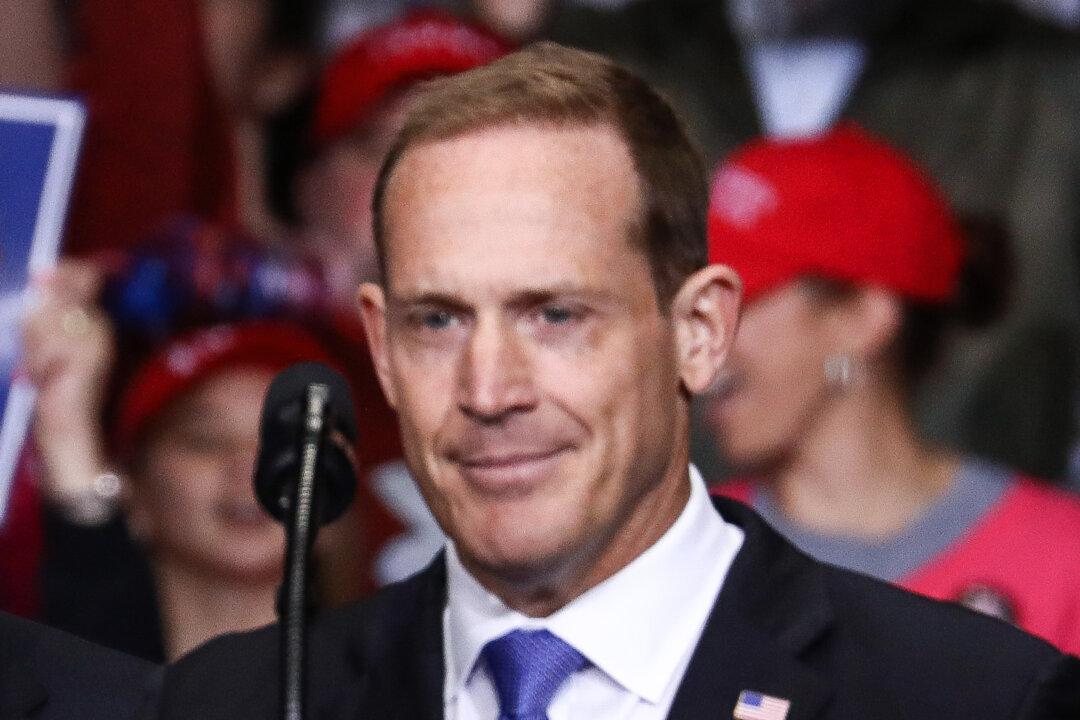Rep. Ted Budd (R-N.C.) introduced an amendment to House Democrats’ “INVEST in America Surface Transportation and Infrastructure Act” that would strip out $5.6 billion worth of earmarks sought by members of both political parties.
“Taxpayers across the country are getting their first look at what Washington is like in the new earmark era. It’s not a pretty sight. This transportation spending bill includes 1,474 examples of the Washington Swamp saying they know best when it comes to spending taxpayer dollars,” Budd said in a statement announcing his amendment.





